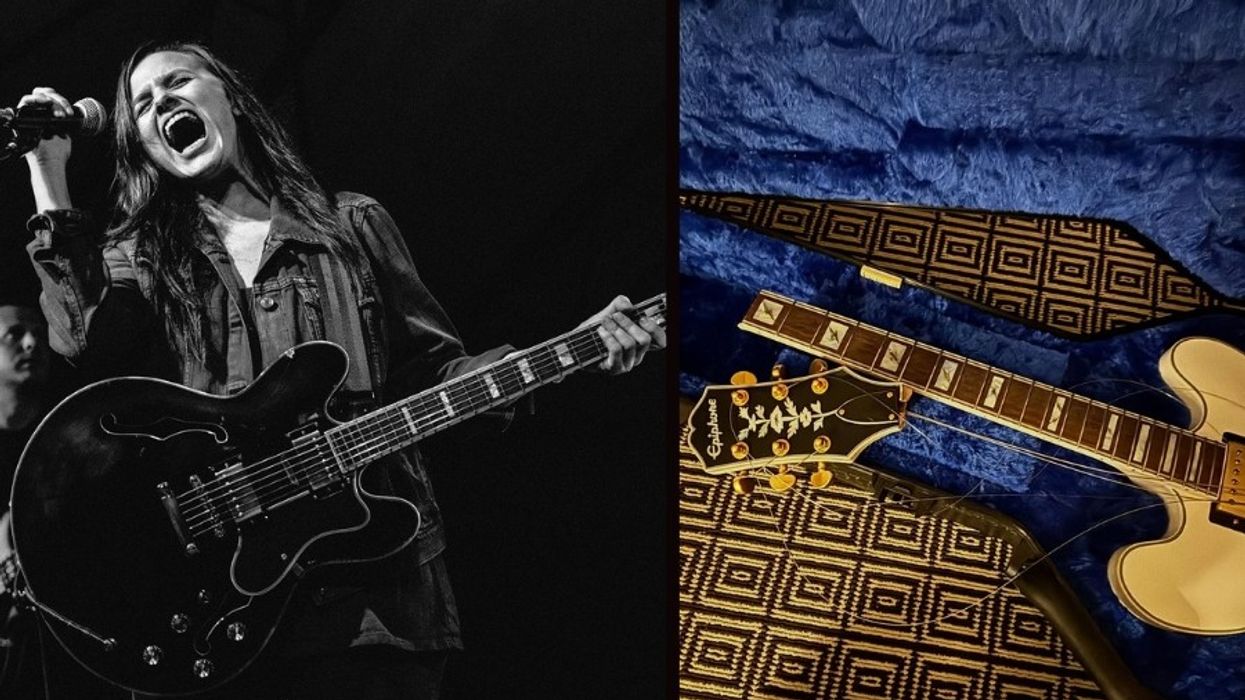Neil Peart, drummer and lyricist for iconic prog-rock band Rush, suffered two monumental losses in the late '90s, with his daughter and common-law wife dying less than a year apart. Overcome with grief, he gradually found some form of peace on the open road, traveling 55,000 miles on his motorcycle—and documenting the experience in his poignant 2002 memoir, Ghost Rider: Travels on the Healing Road.
This turbulent period began in August 1997, when his 19-year-old daughter, Selena, was killed in a car accident. In his book, Peart referred to the subsequent months as a "waking nightmare," with he and his wife, Jacqueline Taylor, battling through immense despair. "It soon became apparent that Jackie’s world was completely shattered forever," the musician wrote. "She had fallen to pieces, and she never came back together again…If she couldn’t have Selena, she no longer wanted anything—she just wanted to die." Tragically, Taylor was diagnosed with terminal cancer ("of course it was a broken heart," Peart wrote) and passed away the following June, leaving a "second nightmare" to process.
- YouTubewww.youtube.com
Emotionally adrift, Peart felt disinterested in the outside world, including his music career—at Selena’s funeral, he’d told his Rush bandmates, Geddy Lee and Alex Lifeson, "Consider me retired." Seeking some kind of path forward, he turned to his trusted motorcycle and began an extended journey—from Canada to Alaska, through the U.S. to Mexico and Belize, and then back again, traversing back roads and typically staying in small-town motels. "Earlier that summer, contemplating the wreckage of my life, I had determined that my mission now was to protect a certain essence inside me," he wrote, "a sputtering life force, a meager spirit, as though I held my cupped hands around a guttering candle."
Ghost Rider documents this quest through Peart’s reflections, journal entries, and letters, following his grieving process as he grows to find comfort once again through nature, music, and human connection. It was a long process, even for the other people in his life. "Everybody was so worried about me," Peart recalled in the 2010 documentary Rush: Beyond the Lighted Stage. "In fact, there was a network, I know, among my friends and loved ones: 'Oh, I heard from him today! I got a postcard' or 'He called.’ They would all reassure each other. Because, yeah, anything could have happened to me—even by accident, let alone by design."
- YouTubewww.youtube.com
But he eventually wound up in Southern California, starting fresh. “When I first moved here it was remarkable, because my life was one suitcase, a bicycle, and a boom box,” he told Rolling Stone’s Brian Hiatt. “All the possessions I had. I rented a little apartment by the Santa Monica Pier. And I joined the Y here. I would do yoga or the Y every day, ride around on my bicycle, come home and listen to my boom box, and it was great.” Through a friend, he met photographer Carrie Nuttall, whom he married in 2000; their daughter, Olivia, was born in 2009. Ultimately, Peart also found the inspiration to revive his old band: Rush recorded 2002’s Vapor Trails, their 17th album, and continued for another 13 years, making two more LPs (2007’s Snakes & Arrows and 2012’s Clockwork Angels) and staging a handful of acclaimed tours.
The band’s last run, the R40 Live Tour, wrapped in 2015, after which point Peart effectively retired. He died in January 2020, after a private three-and-a-half-year battle with brain cancer, leaving behind an immense legacy—not only of music but also personal resilience.
- YouTubewww.youtube.com







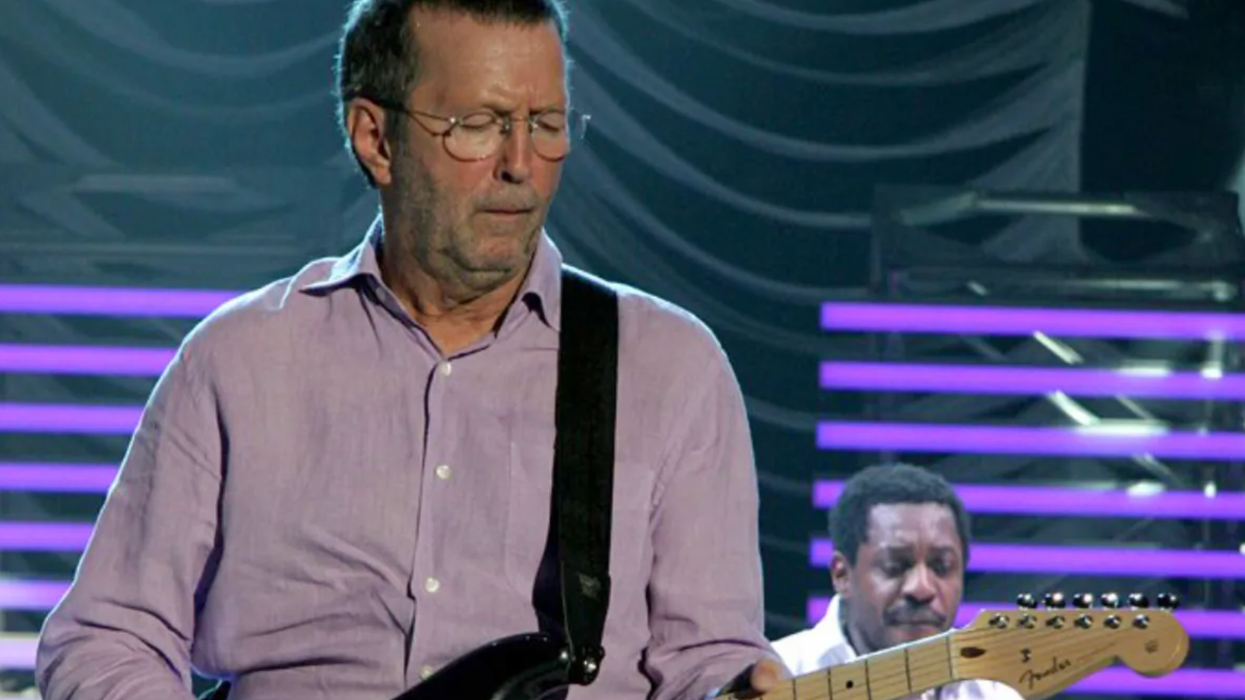
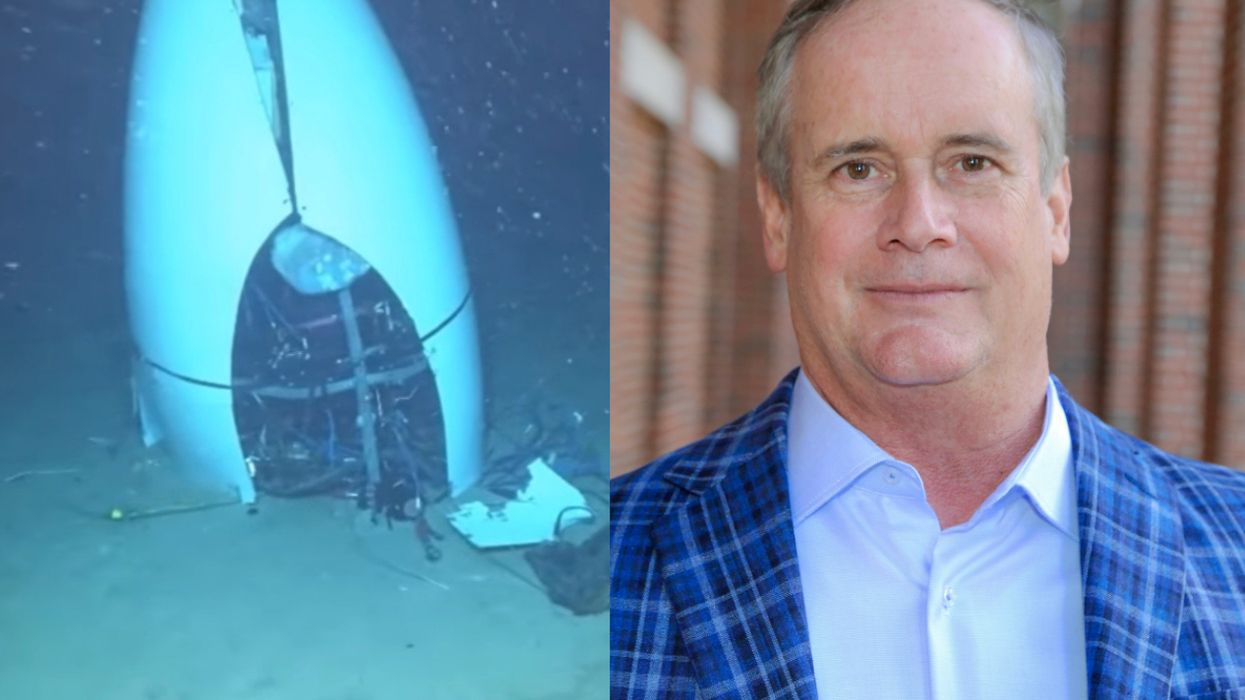
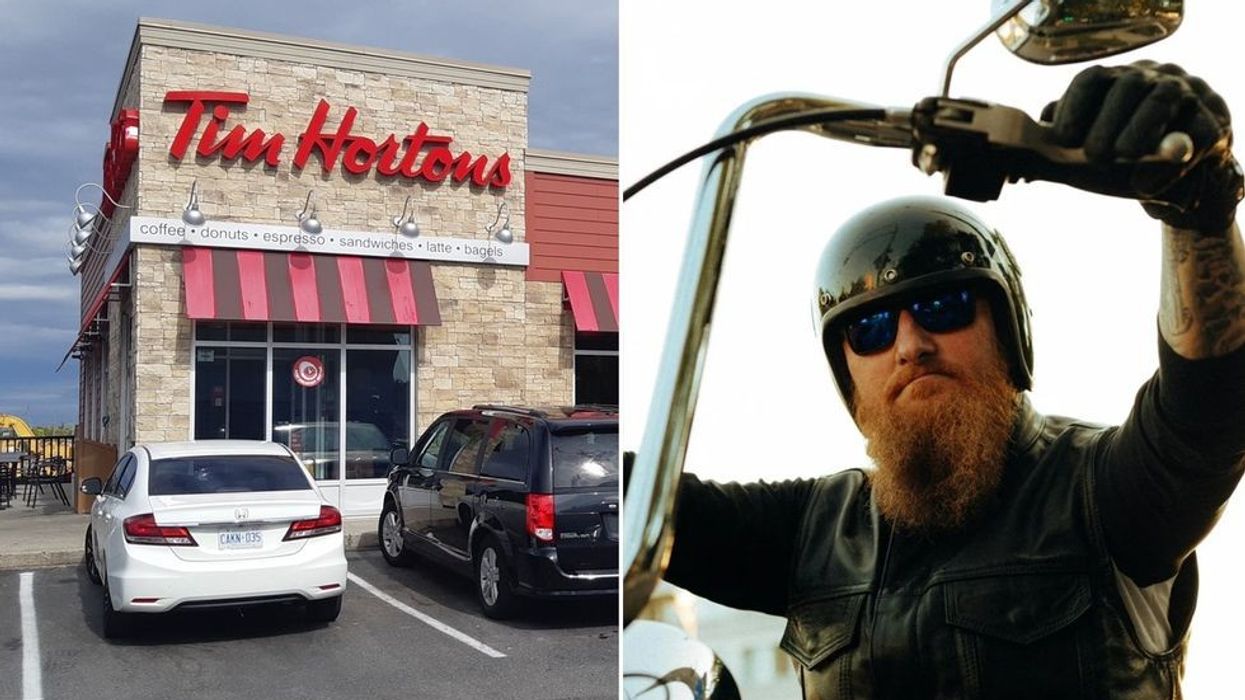



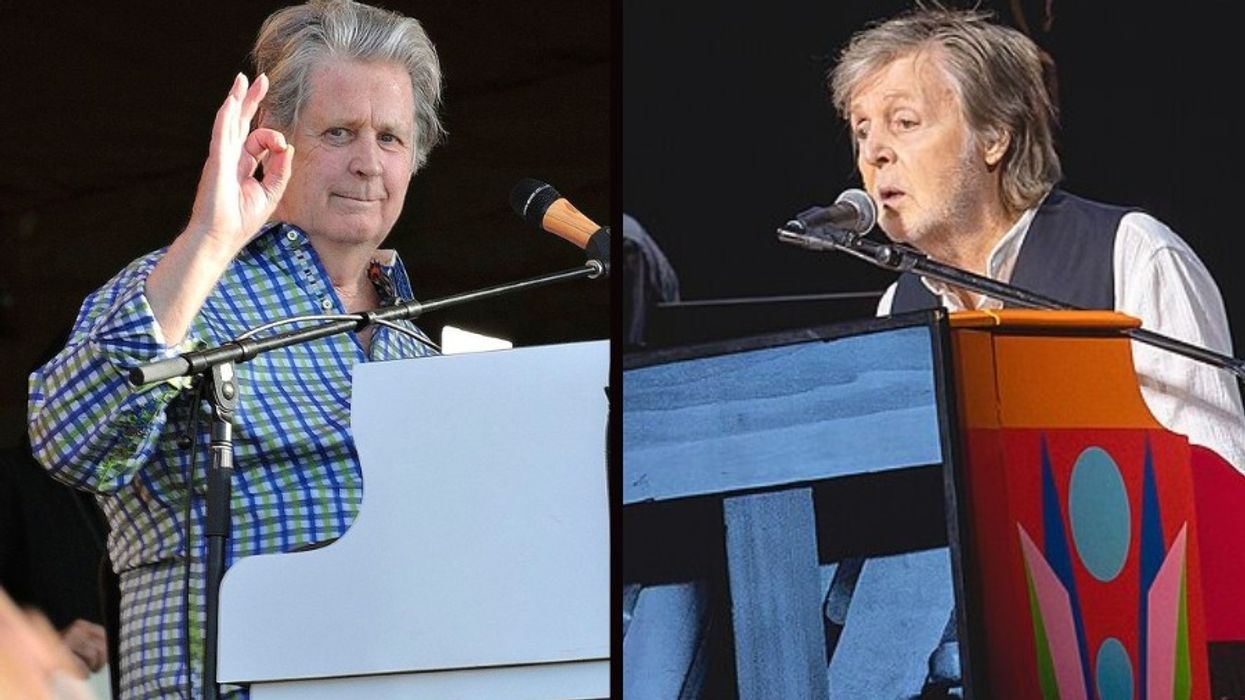

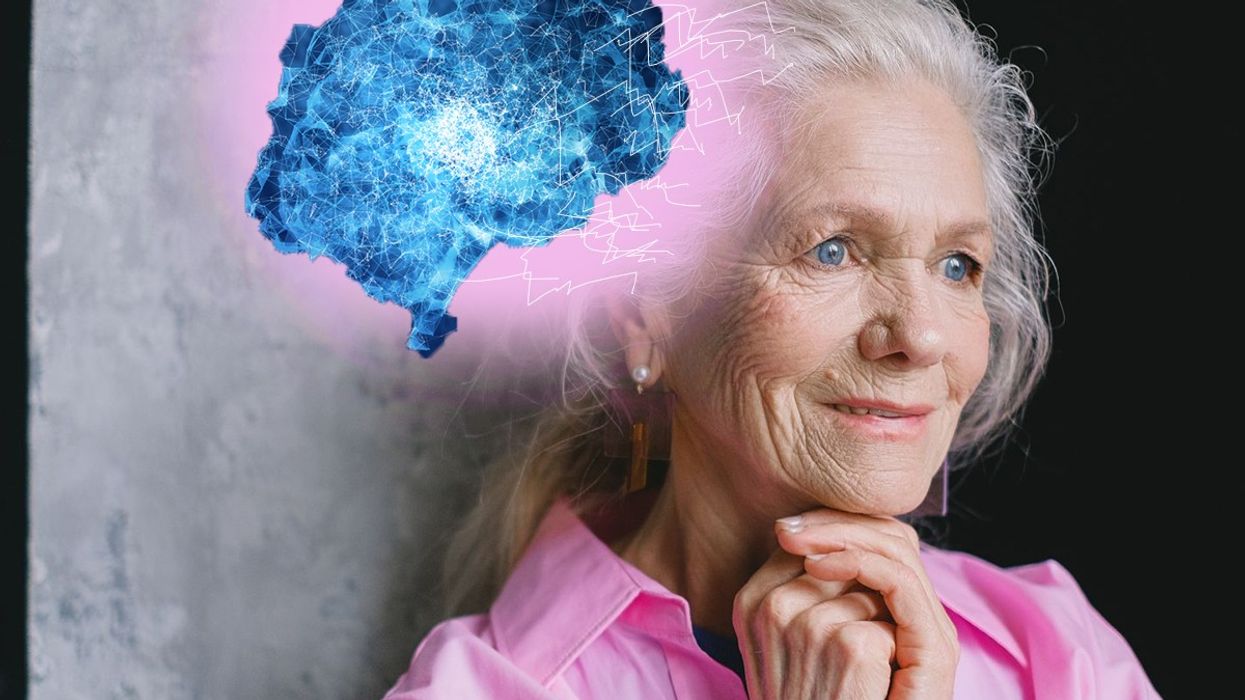

 A soldier falls asleep on a couch still holding the remote controlCanva
A soldier falls asleep on a couch still holding the remote controlCanva Student falls asleep at his desk in classCanva
Student falls asleep at his desk in classCanva A woman sleeps peacefully in her bedCanva
A woman sleeps peacefully in her bedCanva
 Couple in the middle of a disagreementCanva
Couple in the middle of a disagreementCanva Happy couple watches the sunset togetherCanva
Happy couple watches the sunset togetherCanva A woman kisses her partner on the cheekCanva
A woman kisses her partner on the cheekCanva
 A newborn baby sleepingCanva
A newborn baby sleepingCanva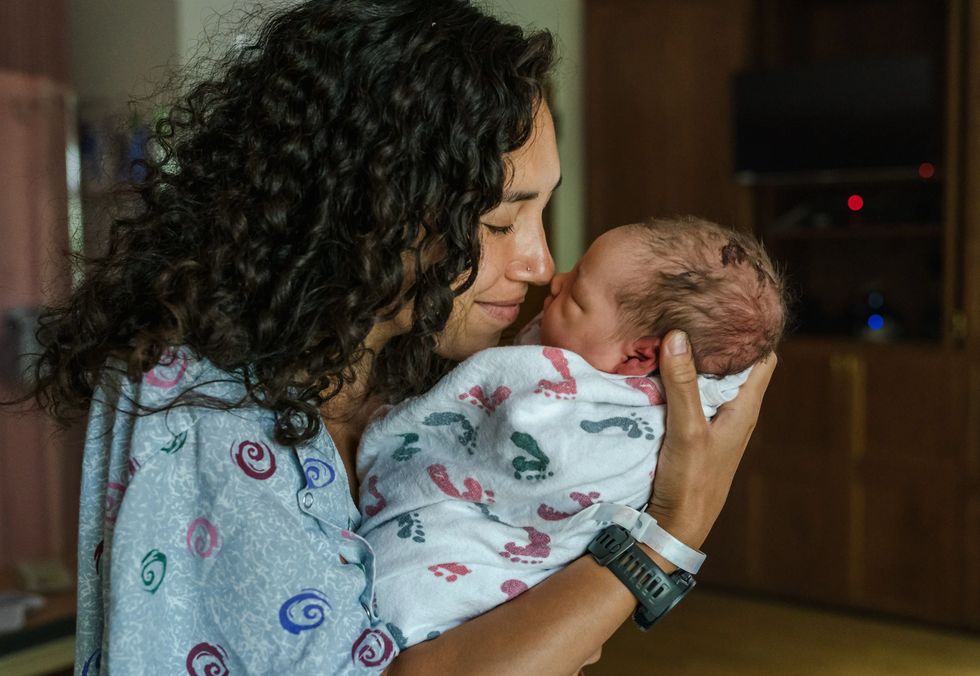 A young mother cradles a newbornCanva
A young mother cradles a newbornCanva Supportive commentTikTok |
Supportive commentTikTok |  Supportive commentTikTok |
Supportive commentTikTok | 
 Minimalist living spaceCanva
Minimalist living spaceCanva A small pink Murphy bedCanva
A small pink Murphy bedCanva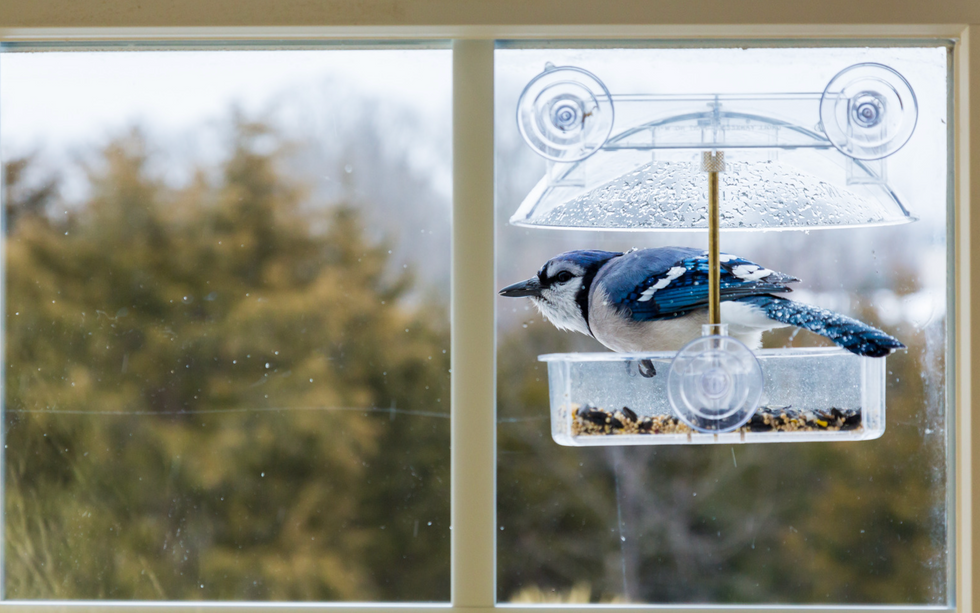 A bird feeder hangs outside a child's bedroom windowCanva
A bird feeder hangs outside a child's bedroom windowCanva
 A woman smiles with her arms open during sunsetCanva
A woman smiles with her arms open during sunsetCanva A woman enjoys the sunset at the lakeCanva
A woman enjoys the sunset at the lakeCanva A smiling woman holds a cup of coffeeCanva
A smiling woman holds a cup of coffeeCanva A carefree woman by a riverCanva
A carefree woman by a riverCanva

